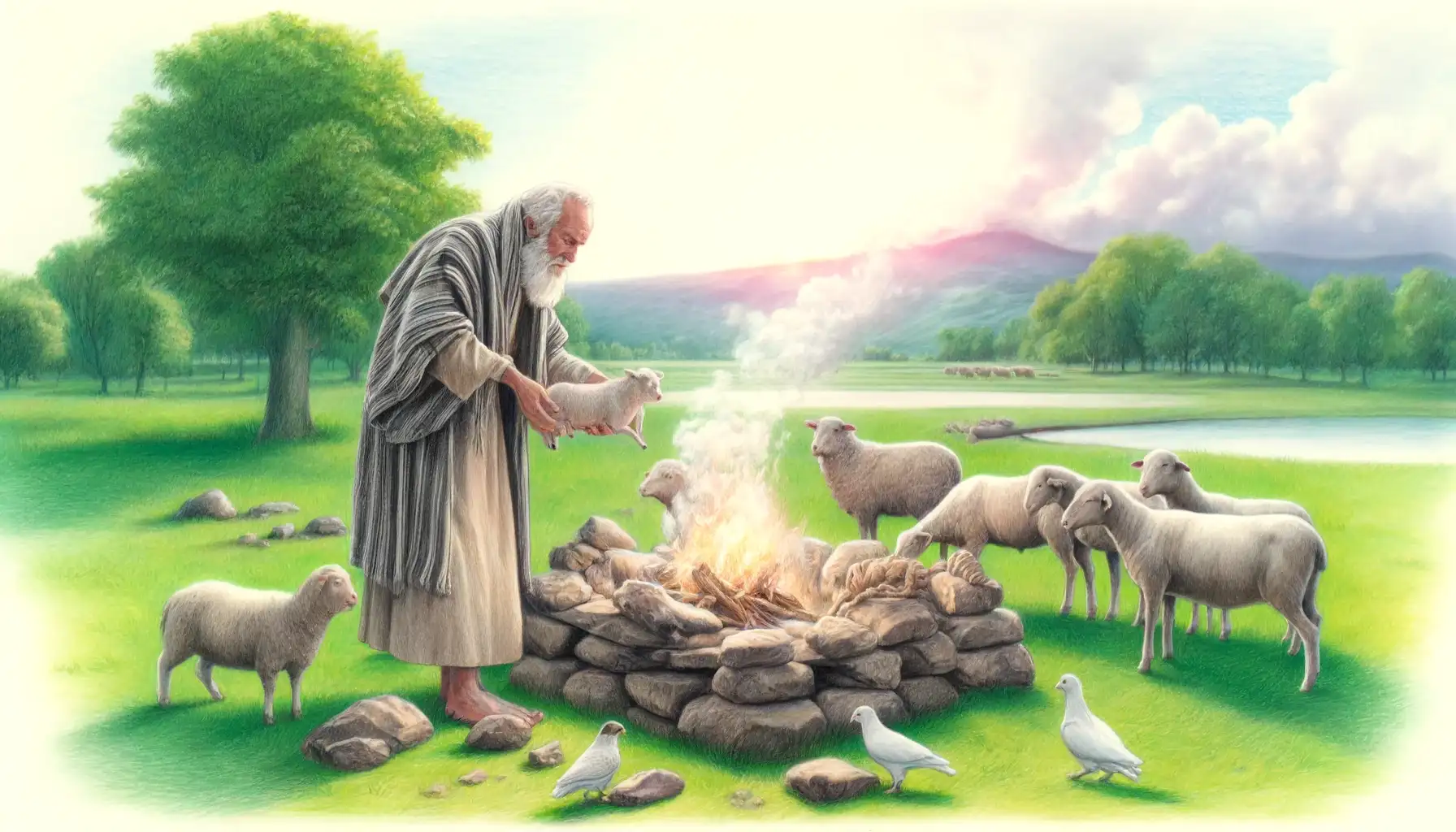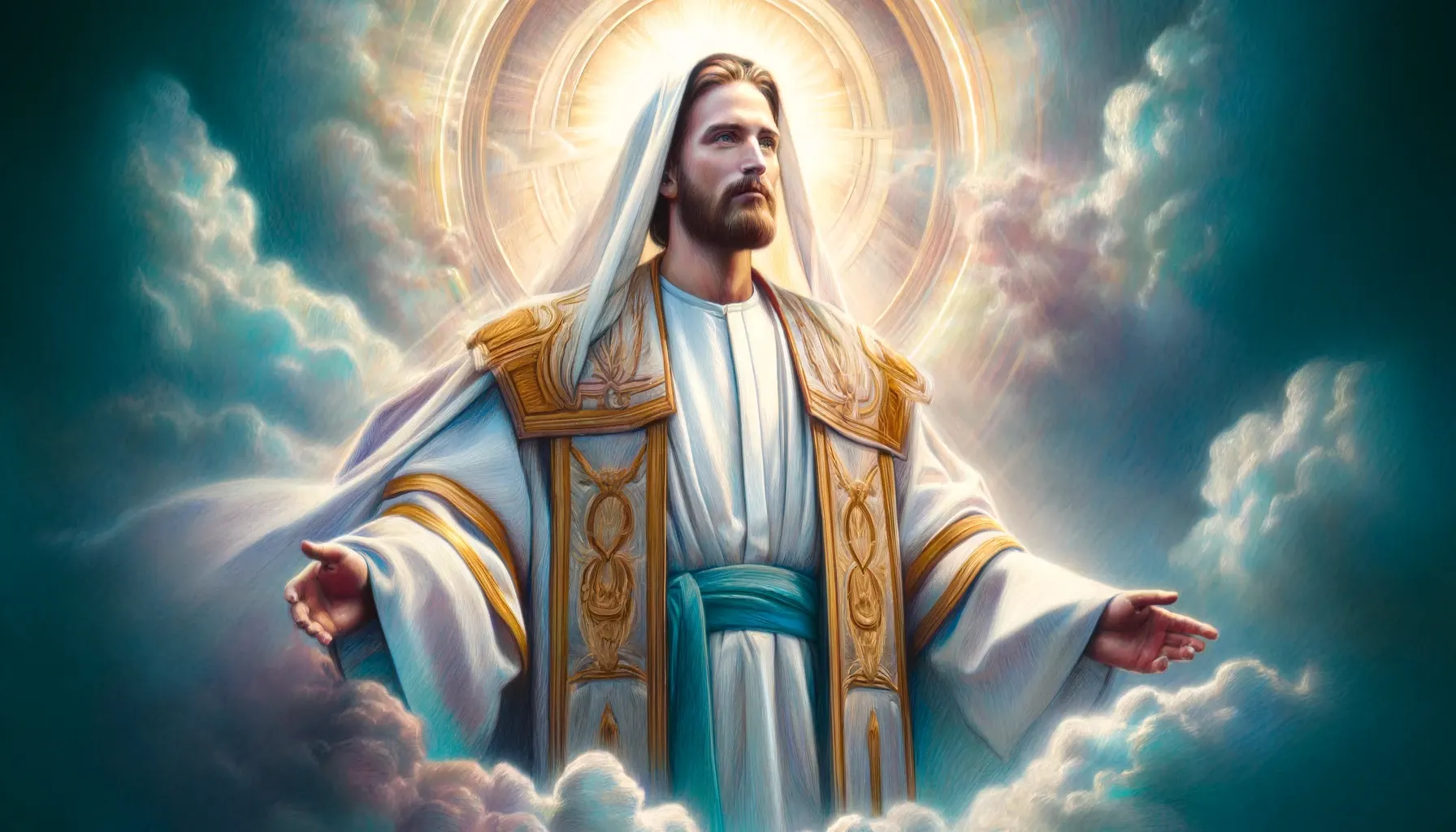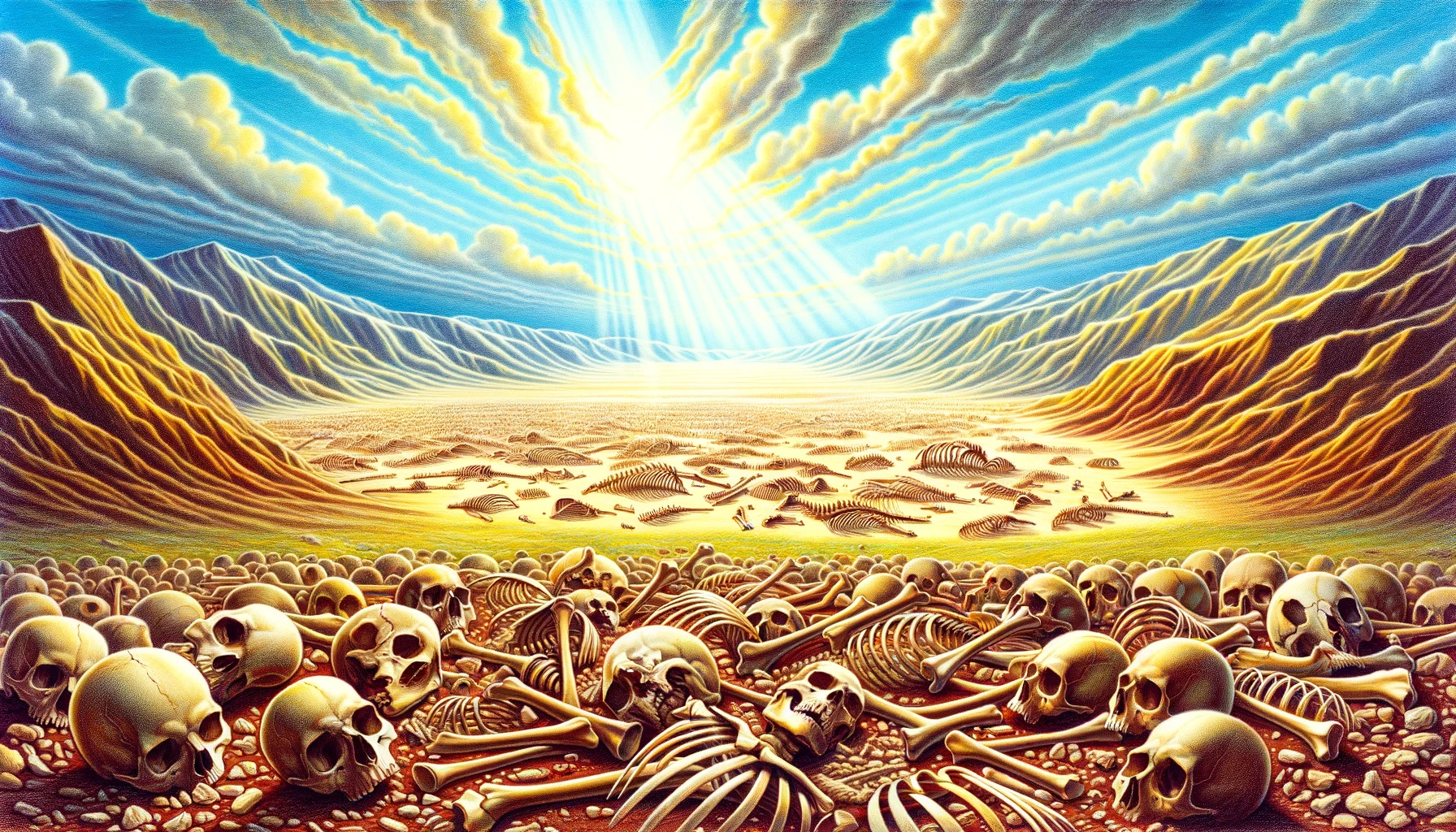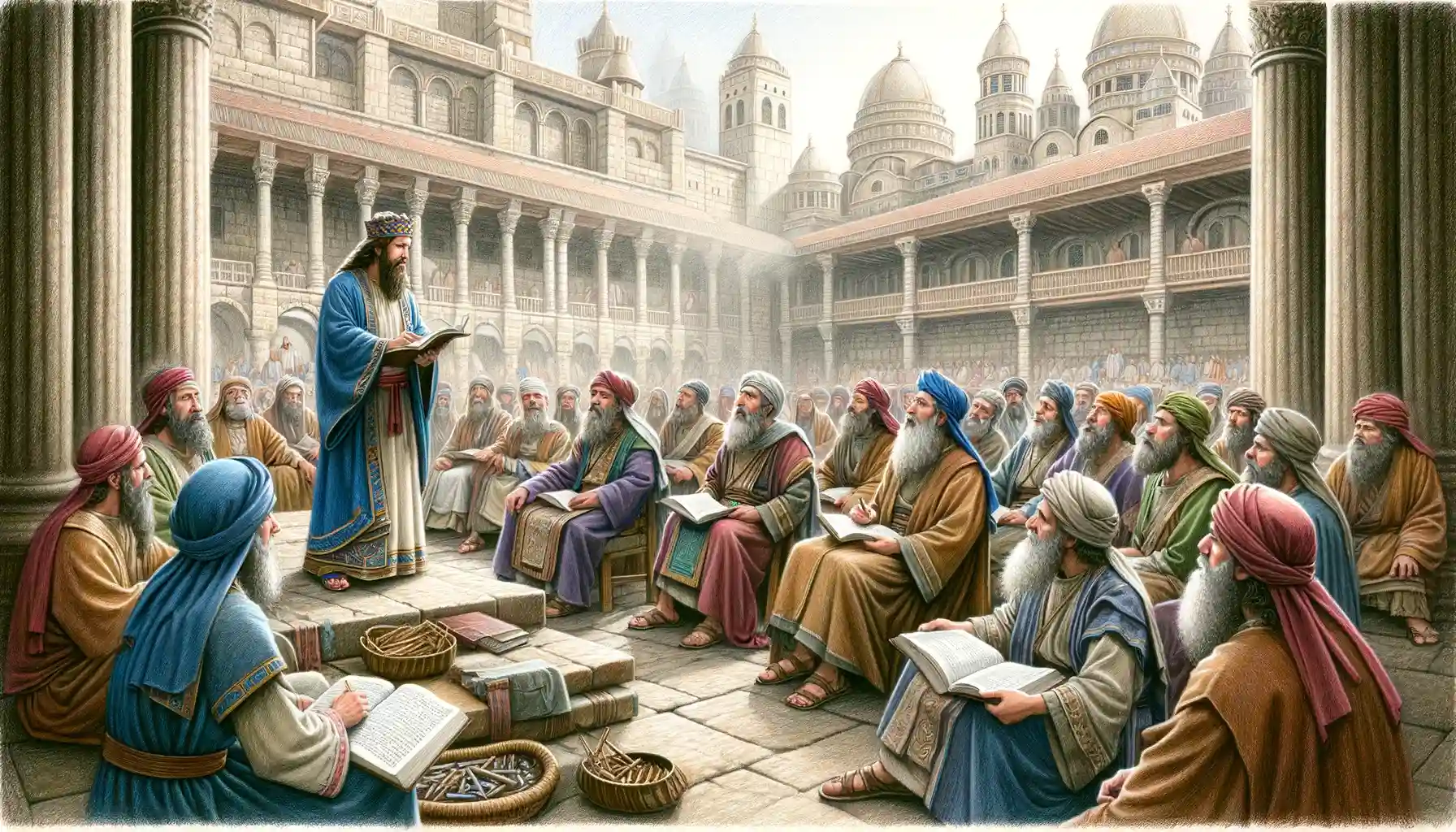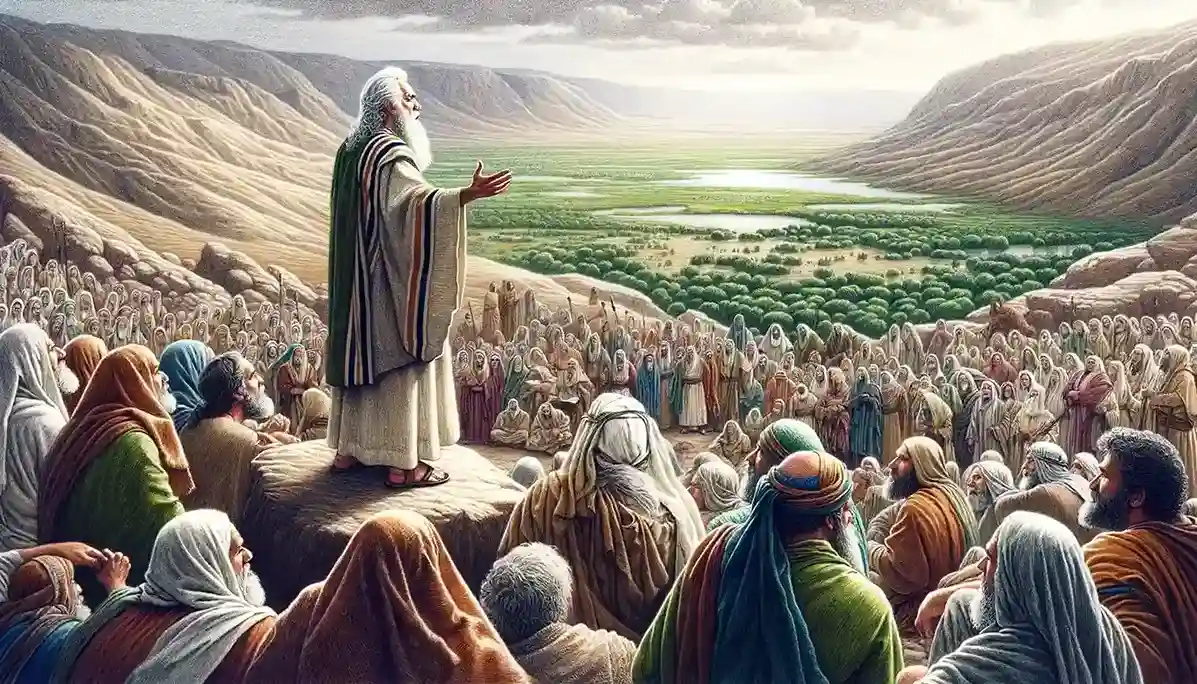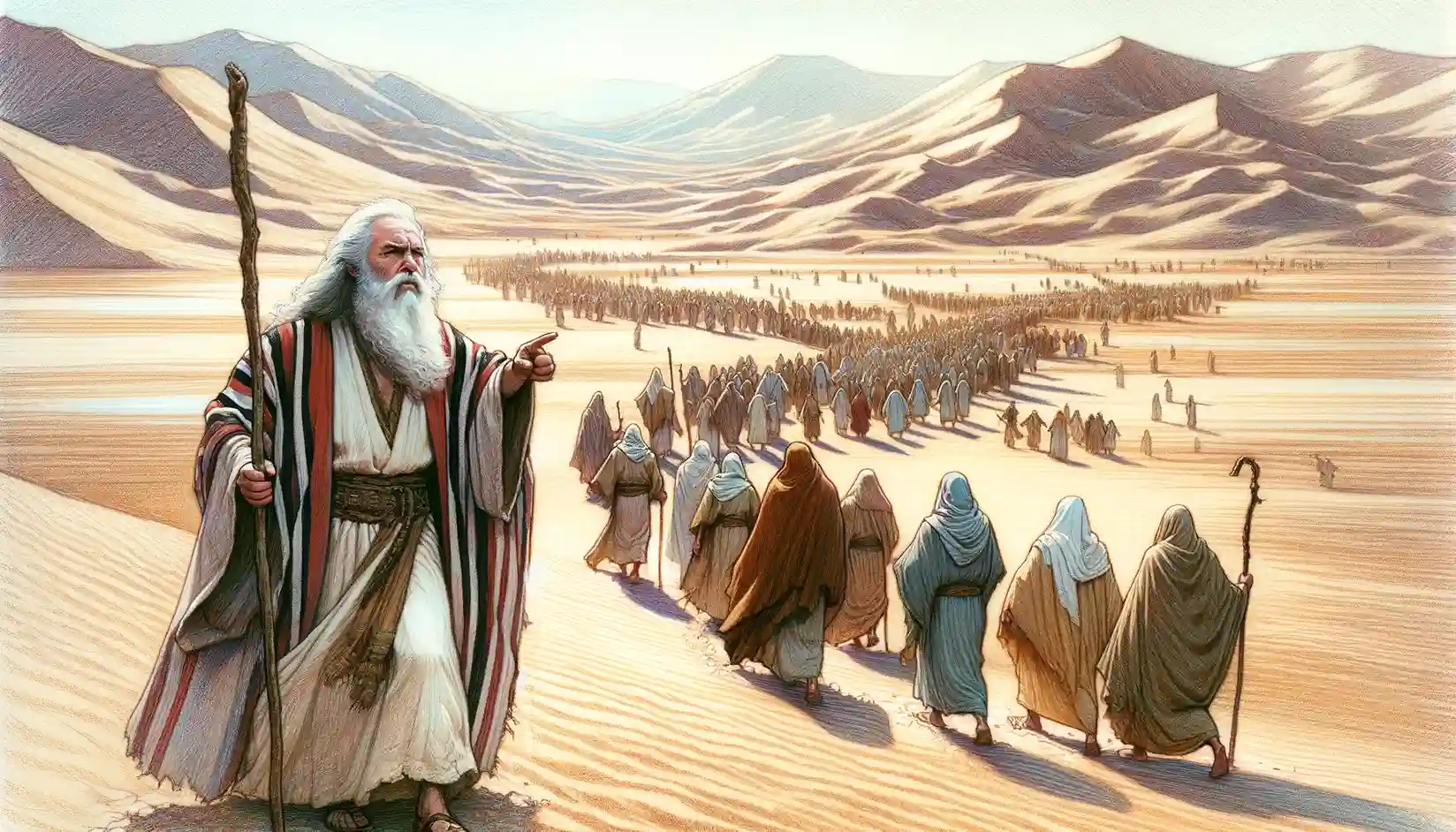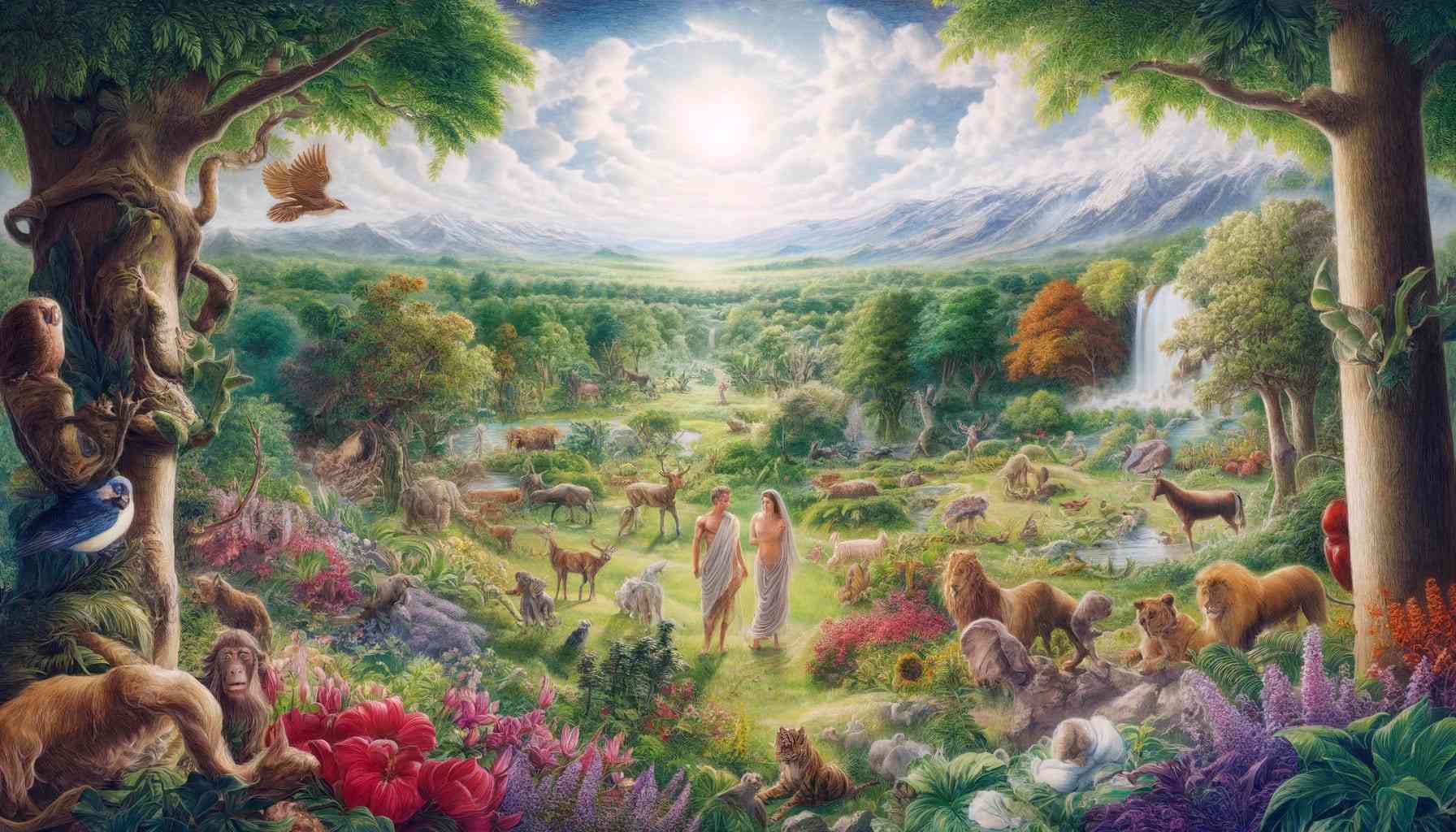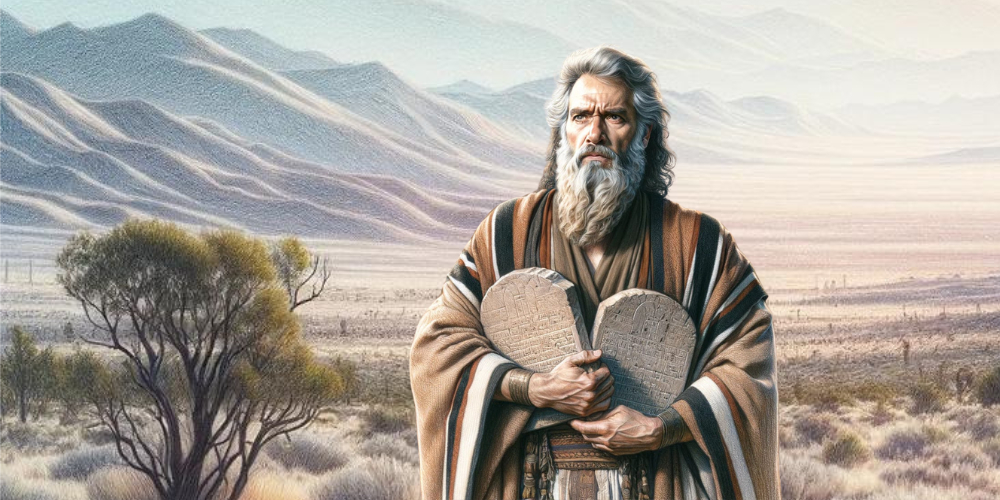Genesis 8:20-21 depicts Noah building an altar and offering sacrifices of clean animals to God, who, pleased by the aroma, promises never again to curse the ground or destroy all living creatures, despite humanity’s inherent sinfulness, thus establishing a foundational moment of covenant and grace between God and mankind.
The Book of Hebrews presents Jesus Christ as the supreme revelation of God, emphasizing His superiority over all other forms of revelation and urging believers to place their trust fully in Him for salvation and perseverance in the faith.
Ezekiel’s messages of doom are balanced with his visions of future hope, making it a deeply complex and influential prophetic book within the biblical canon.
1 Chronicles provides a unique perspective by reinterpreting Israel’s history to focus on theological and liturgical concerns, particularly relevant for the community returning from exile and rebuilding their identity.
The Book of Deuteronomy, structured as Moses’ farewell addresses to the Israelites, reiterates the Law and emphasizes a covenantal relationship with God, urging adherence to His commandments as the key to blessing and prosperity in the Promised Land.
The Book of Exodus chronicles the deliverance of the Israelites from slavery in Egypt, their covenant relationship with God at Mount Sinai, and their journey towards the Promised Land, emphasizing God’s faithfulness and the formation of a holy nation under His laws.
The Book of Genesis explores themes such as creation, the fall, redemption, covenant, monotheism, sovereignty, sin, the patriarchs, the Imago Dei, messianic hope, and serves as a theological manifesto, spanning narratives from primeval to patriarchal history, and addressing deep questions about biblical theology, human nature, divine purpose, moral responsibility, faithfulness, genealogies, and contrasts with ancient Near Eastern myths.
Moses, an Israelite leader and Hebrew prophet, is renowned for his role in the Exodus, receiving the Ten Commandments, leading the Israelites through the wilderness, and his encounters with God, including the burning bush and parting the Red Sea, culminating in his view of the Promised Land from Mount Nebo.

